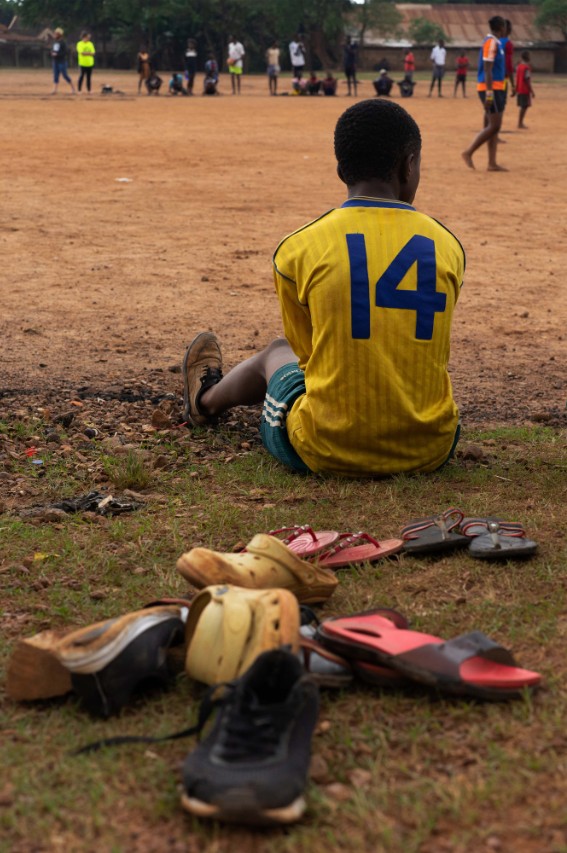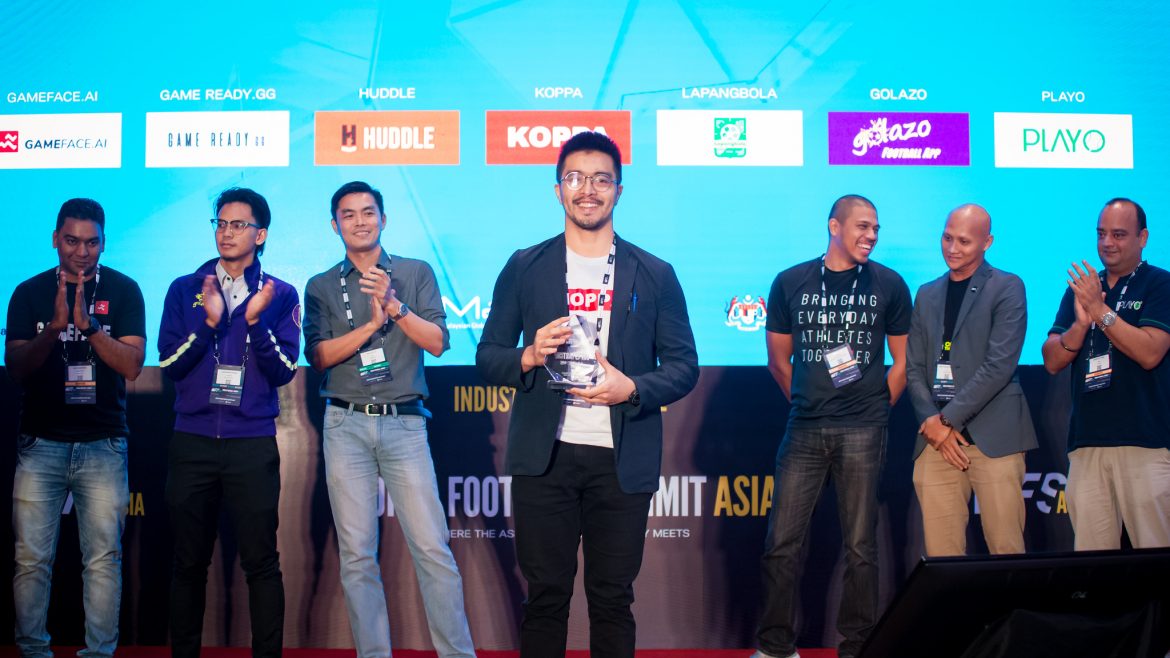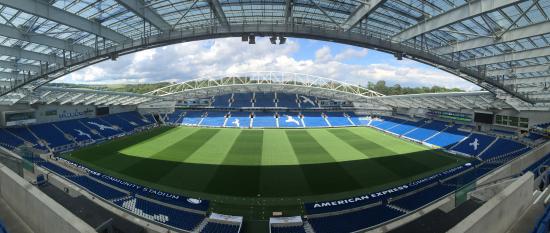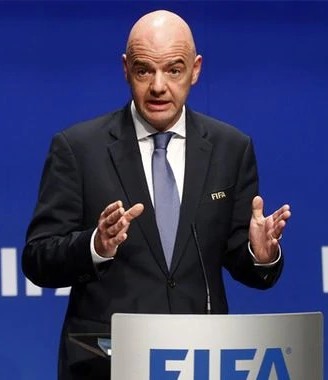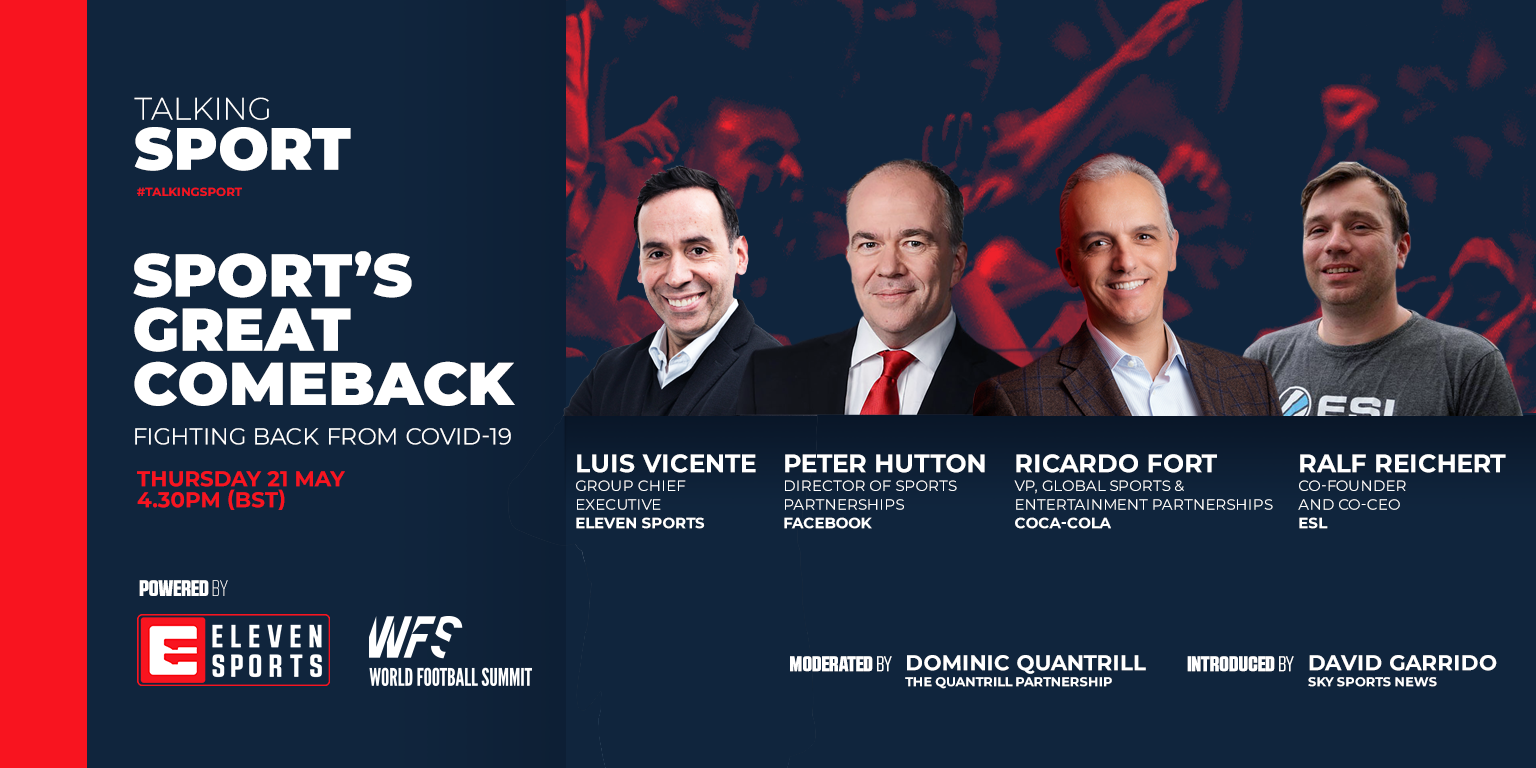WFS Live is only a week away. The global online event that will gather top industry leaders across the globe to discuss the key issues affecting the sport and the business of football will kick off on Monday, July 6th with around 3,000 industry professionals tuning-in from their homes and offices all over the world.
If you’re still doubting whether or not to attend, here are 10 reasons that should help you make up your mind:
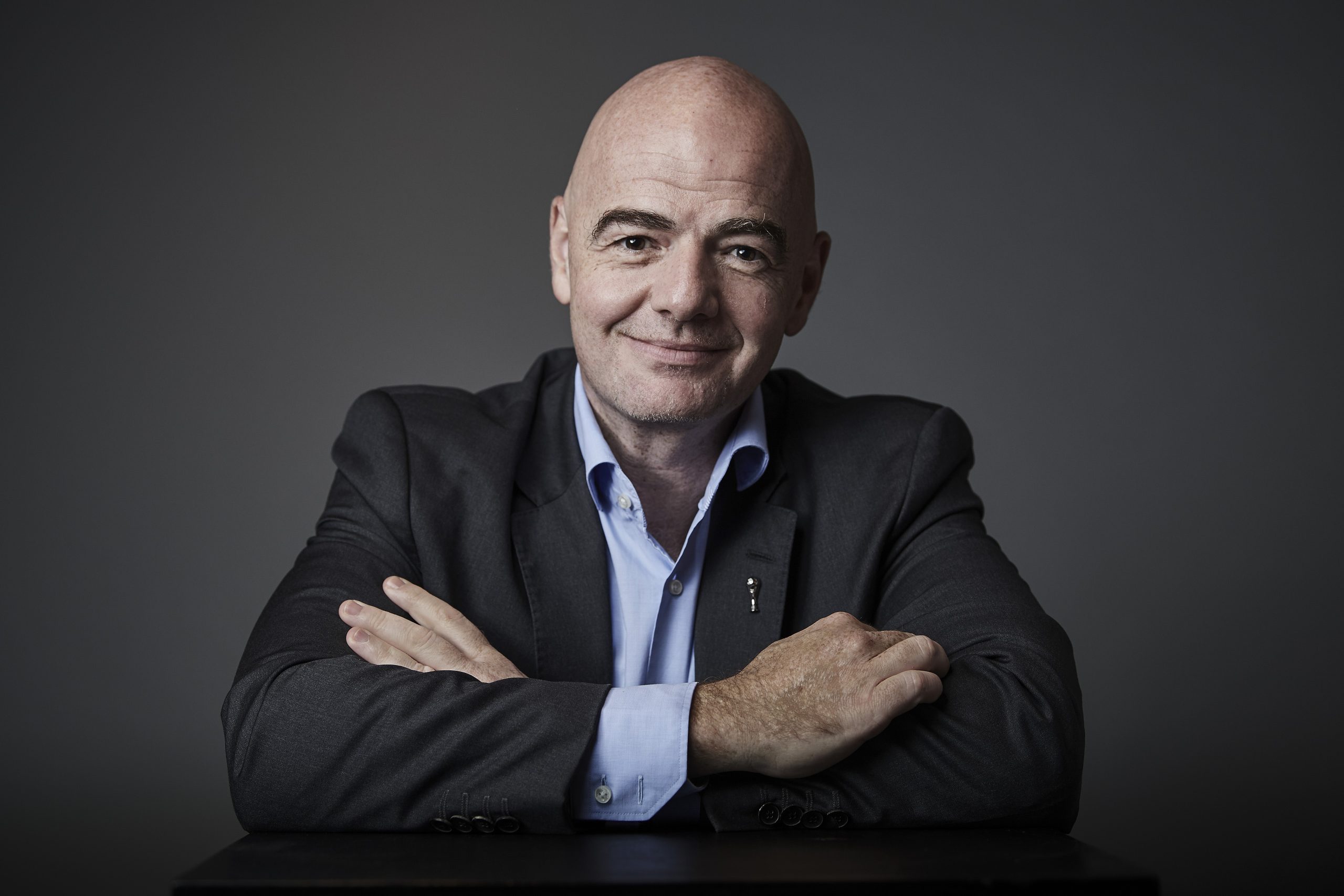 1. Hear from a unique speaker lineup featuring 100+ top industry leaders such as:
1. Hear from a unique speaker lineup featuring 100+ top industry leaders such as:
– Gianni Infantino, President of FIFA
– Sir Martin Sorrell, Executive Chairman of S4 Capital
– Javier Tebas, President of LaLiga
– Ronaldo Nazario, President of Real Valladolid
– Iker Casillas, World Champions (2010)
– Didier Drogba, Football Legend
2. Enjoy unmatchable interaction opportunities
Don’t just listen to the speakers, engage with them through:
- Live questions
- Polls
- Group chats
3. Participate in 30+ live panels covering the most relevant topics such as:
- The aftermath of Covid-19
- The future of sponsorships in sports
- The growth of the women’s game
- Stadium management in a post-pandemic world
- Athletes becoming conscious activists
And much more!
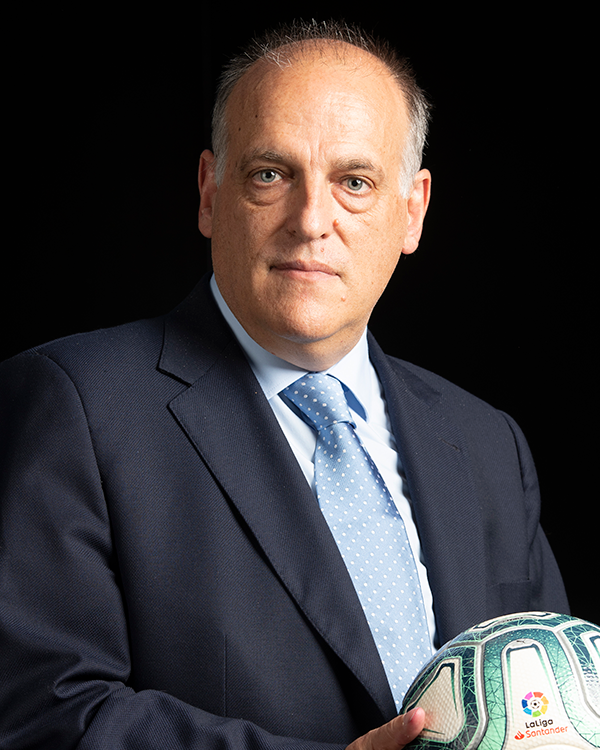 4. Globalise your network by accessing our list of attendees
4. Globalise your network by accessing our list of attendees
Around 3,000 industry professionals from around the world will be participating at this truly global gathering.
5. Connect with 100+ global leading brands and properties such as:
- FIFA
- UEFA
- LaLiga
- Liverpool FC
- Real Madrid
- Visa
6. Maximise your time using our AI-driven matchmaking software
Make sure you connect with your targeted stakeholders and arrange one-on-one meetings in advance.
7. Accelerate your business opportunities
Generate a full database of potential leads.
8. Boost your ROI
By cutting travel and accommodation costs.
9. Meet new brands and exciting startups at the WFS Live Virtual Expo Area
Academic institutions, federations, media, streaming platforms, techies and much more!
10. Help tackle the effects of Covid-19 on vulnerable communities
All net proceeds generated by WFS Live will be donated to Common Goal and Fundação Fenômenos.

